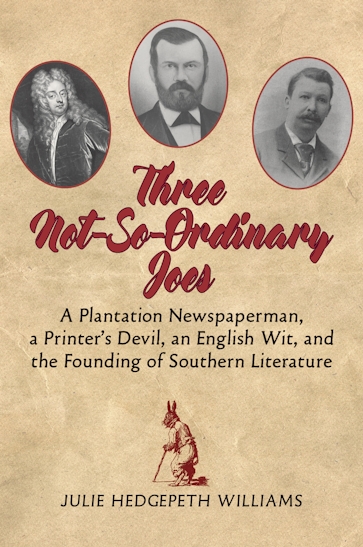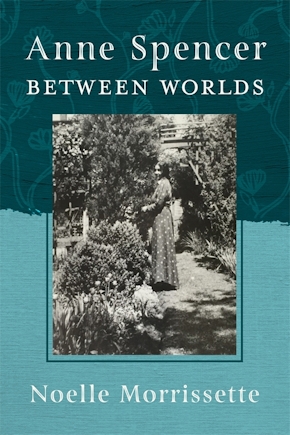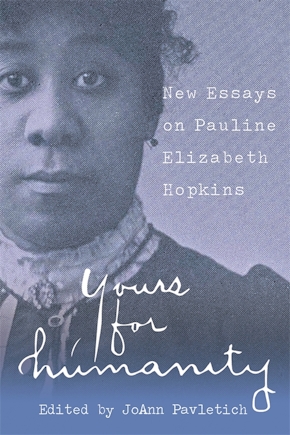One of the more eccentric figures in the antebellum South was Joseph Addison Turner, born to the plantation and trained to run one. All he really wanted to do, though, was to be a famous writer—and to be the founder of Southern literature. He tried and failed and tried and failed at publishing magazines, poems, books, articles, journals, all while halfheartedly running a plantation. When the Civil War broke out, he no longer had access to New York publishers, and in his frustration it dawned on him that he could throw a newspaper press into an outbuilding on his Georgia plantation. Furthermore, his newspaper would be modeled on The Spectator, the literary newspaper of the early 1700s by Joseph Addison, for whom Turner was named. The Spectator in its day, and 150 years later in Turner’s day, was considered high literature. Turner carefully copied Addison’s style and philosophy—and it worked! His newspaper, The Countryman—the only newspaper ever published on a plantation—was one of the most widely read in the Confederacy. Following Addison’s lead, Turner suggested that slaves should be treated well, lauded the contributions of women, and featured humorous copy. And, of course, his paper celebrated Southern culture and creativity. As Turner urged in The Countryman, the South could never be a great nation if all it did was fight. It needed art—it needed literature! And he, J. A. Turner himself, would lead the way.
The Civil War, however, didn’t go as Turner had hoped. Sherman’s army marched through and took Turner’s world with it. His newspaper collapsed. He died a few years after the war ended, thinking he had failed to start Southern literature.
However, he was wrong. The Countryman’s teenage printer’s devil was Joel Chandler Harris, who grew up to write the first wildly popular Southern literature, the Uncle Remus tales. Turner had taken in the illegitimate, ill-educated Harris and had turned him into a writer. And while Harris worked for the plantation newspaper, he joined Turner’s children at dusk in the slave cabins, listening to the fantastical animal stories the Negroes told. Young Harris recognized the tales’ subversive theme of the downtrodden outwitting the powerful. Years later as a newspaperman, he was asked to write a column in the Negro dialect, and he reached back to his days at The Countryman for the slaves’ narratives. The stories enthralled readers in the South—but also in the North, particularly Theodore Roosevelt. The Uncle Remus stories were hailed as the reconciler between North and South, and they directly influenced Mark Twain, Rudyard Kipling, and Beatrix Potter. Most importantly, Uncle Remus knocked New England off its perch as the focus of American belles-lettres and made Southern literature the primary national focus.
So, ultimately, Joseph Addison Turner really did found Southern literature—with the help of two other not-so-ordinary Joes, Joseph Addison and Joel Chandler Harris. Julie Hedgepeth Williams tells their story.
In
Three Not-So-Ordinary Joes, Julie Williams quite delightfully traces a narrative about the unpredictable, often byzantine connections that thread their way from one literary generation to another. An essay written in a bitter London winter is adoringly read in a steamy-humid Georgia bedroom a century later, and the two give rise to a classic children's book that was read all over the world for another century.
Three Not-So-Ordinary Joes will make readers want to discover how witty British literati Addison and Steele left their mark on America's Southern literature, via Uncle Remus.
—Christian Science Monitor
Reading
Three Not-So-Ordinary Joes was a delight. What a treat in particular to relive the relationship between Joel Chandler Harris and my great-great-grandfather, Henry W. Grady. Their time together at the
Atlanta Constitution helped usher in a journalistic era of excellence that brought positive national attention to the South in the post-Civil War era. Julie Williams’s book is a fascinating chronicle of a historic moment in the making of the South, told through the lens of her three Joes. Dive in and enjoy her story.
—Henry W. Grady III
On the surface,
Three Not-So-Ordinary Joes is the story of the genesis of literary culture in the post-Civil War American South. One of the “not-so-ordinary Joes” referred to in the title is, after all, Joel Chandler Harris (whose childhood nickname was Joe), author of the Uncle Remus stories that sold astoundingly well both in postwar America and around the world and influenced an entire generation of writers, playing a large role in creating a distinctive Southern literary tradition. But there's also a deeper narrative thread winding its way through the book, about the unpredictable, often byzantine connections that thread their way from one literary generation to another. Williams quite delightfully traces this thread through the same name, linking two generations of 19th-century American Southerners with a namesake from 18th-century England, a man who never knew anything about either of them or about the American South itself.
—Christian Science Monitor
If you find pleasure in seeing how one writer “begats” another, there is a lot of literature to love in Julie Williams’s
Three Not-So-Ordinary Joes. Her thorough research has connected an unlikely political and literary collection of characters, the eighteenth century’s Joseph Addison, the planter J.A. Turner, and Joel Chandler Harris, famous father of the Uncle Remus stories. There’s even a walk-on appearance by Lincoln’s future Secretary of State, William Seward. Ms. Williams writes with a storyteller’s understanding of character and place. The perspective of time counts; the author ably addresses controversies of race, dialect, and the Old South. After reading this book, it occurs to me that, as a storyteller, I might not be doing what I do if it weren’t for that bewigged fellow in the 1700s, an ambitious Confederate journalist, and his printer’s devil, who became one of the most revered writers of his time. What a satisfying read!
—Andy Offutt Irwin, Professional Storyteller, Artist in Residence, Oxford College, Emory University
Williams writes with Addisonian wit and wisdom. She takes the threads of three historically significant writers’ lives and weaves a tapestry that evokes many an “aha” moment. What a story, and none better to tell it than Julie Williams.
—Culpepper Clark, Professor Emeritus, former Dean of the Grady College of Journalism, University of Georgia
Julie Williams ably describes in
Three Not-So-Ordinary Joes the intimate connection between journalism and literature in the nineteenth-century South. Williams’s latest work tells the story of how Turner, working from a formula developed by English journalist and man-of-letters Joseph Addison, laid the foundation for modern Southern literature in a plantation outbuilding through his own ambitions and with the encouragement of early Southern literary giants such as William Gilmore Simms and Augustus Baldwin Longstreet. Turner’s printer’s devil, Joel Chandler Harris, would build the early vestiges of Southern literature upon his mentor’s foundation. A must read!
—Debra VanTuyll, author of The Confederate Press in the Crucible of the American Civil War
Julie Williams has masterfully crafted the tales of the “Three Joes” into one fabulous story, which reminds us in such a warm and personal way of our Southern literary and social heritage. Read her book and imagine yourself as I did walking the fields of Turnwold Plantation and the streets of Eatonton, Atlanta, and even London as you ponder the fascinating linkages between her characters. You will feel their presence in the pages of her book and be moved.
—James Marshall, director on the Uncle Remus Museum Board and president of the Eatonton-Putnam County Historical Society
Julie Williams has captured a moment in our literary history that makes this book unforgettable. Hers is a fascinating journey through a period of time from a little-known perspective, centering on three talents named Joe and including many lesser-known players, who whether by fate or accident helped shape our Southern story.
—Bertram Hayes-Davis, great-great grandson of Jefferson Davis



